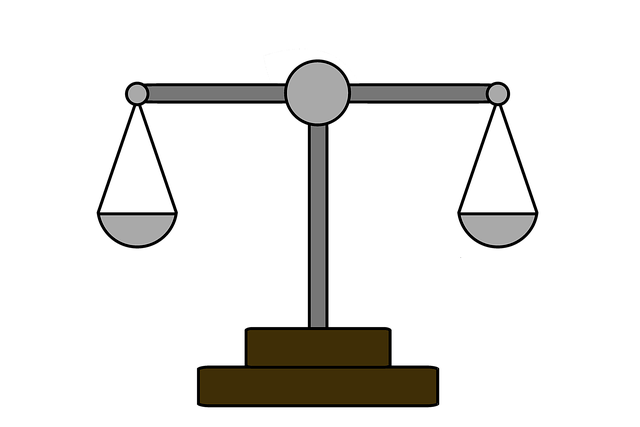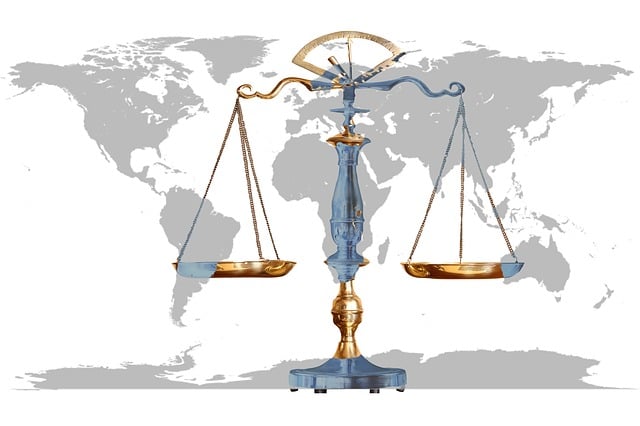Unconstitutional searches, seizures, and arrests in The Woodlands can be challenged by a criminal lawyer who ensures compliance with the Fourth and Fifth Amendments. These attorneys help protect residents' rights, guide them through legal motions to suppress evidence, and defend against unlawful arrests. Prompt action is crucial for safeguarding constitutional freedoms and ensuring proper representation during criminal proceedings. A criminal lawyer in The Woodlands specializes in navigating complex legal issues and holding law enforcement accountable for adhering to constitutional guidelines.
In today’s world, understanding constitutional rights against unreasonable searches, seizures, and arrests is paramount. These legal protections, enshrined in the Fifth Amendment, safeguard citizens from overreach by law enforcement. This article delves into the intricacies of unconstitutional searches, offering a comprehensive legal perspective. We explore key factors rendering a search invalid and the challenges in seizing evidence. Additionally, we discuss arrests without probable cause and highlight the crucial role of criminal lawyers in The Woodlands, providing guidance to individuals facing such issues.
- Understanding Unconstitutional Searches and Seizures: A Legal Perspective
- The Fifth Amendment: Protecting Against Unreasonable Searches and Seizures
- When is a Search Unconstitutional? Key Factors to Consider
- Challenges in Seizing Evidence: Legal Recourse for Citizens
- Arrests Without Probable Cause: Rights of Individuals and Role of Criminal Lawyers
Understanding Unconstitutional Searches and Seizures: A Legal Perspective

Unconstitutional searches, seizures, and arrests are a significant concern for anyone in The Woodlands or anywhere else. From a legal perspective, these actions by law enforcement must adhere to strict guidelines set forth by the U.S. Constitution and applicable state laws. A criminal lawyer in The Woodlands can help explain that searches and seizures conducted without proper authorization, reasonable suspicion, or exigent circumstances are deemed unconstitutional and may lead to the exclusion of evidence in a court of law.
This means that if your rights were violated during an investigation or arrest, a legal professional can challenge such actions in court. Such challenges often involve examining the conduct of law enforcement officers, the procedures followed, and whether there was any disregard for established legal protocols. Understanding these intricacies is crucial for anyone facing criminal charges to ensure their rights are protected throughout the legal process.
The Fifth Amendment: Protecting Against Unreasonable Searches and Seizures

The Fifth Amendment to the United States Constitution plays a pivotal role in safeguarding individuals’ rights against unreasonable searches, seizures, and arrests. It provides strong protections for citizens’ privacy and property rights, ensuring that law enforcement actions are conducted within legal boundaries. This amendment is a cornerstone of criminal law, especially for those seeking guidance from a criminal lawyer The Woodlands residents trust.
One of its key provisions, the Fourth Amendment, prohibits unreasonable searches and seizures, meaning police must have a warrant based on probable cause before entering private property or confiscating items. This ensures that citizens are not subject to arbitrary or invasive investigations without due process. For anyone facing legal issues, understanding these constitutional rights is essential when consulting with a legal professional to navigate the complexities of criminal law.
When is a Search Unconstitutional? Key Factors to Consider

A search is considered unconstitutional if it violates an individual’s right to privacy and due process, as guaranteed by the Fourth Amendment in the United States Constitution. The key factors to determine this involve examining the scope and reason for the search, as well as whether it was conducted with proper authorization and without excessive force.
If a criminal lawyer in The Woodlands, TX, can prove that the search was conducted without a valid warrant, or the warrant was obtained through illegal means or lacked sufficient probable cause, it can be deemed unconstitutional. Additionally, searches may also violate constitutional rights if they involve unlawful intrusion into private spaces, such as homes or vehicles, or if the officers involved used excessive force during the search process.
Challenges in Seizing Evidence: Legal Recourse for Citizens

When it comes to seizing evidence in a criminal investigation, there are numerous challenges that can arise, posing significant obstacles for both law enforcement and citizens alike. One of the primary issues is the potential for unconstitutional searches and seizures, which can lead to the exclusion of vital evidence in court. As such, understanding one’s rights and knowing how to challenge these practices is essential.
Citizens have legal recourse when facing what they believe to be an unlawful search or seizure. A criminal lawyer in The Woodlands, TX, can guide individuals through this process, ensuring their rights are protected. This may involve filing a motion to suppress evidence obtained without proper authorization, challenging the officer’s actions in court, and seeking compensation for any damage caused by the illegal search or arrest. Prompt legal action is crucial, as it can prevent the admission of questionable evidence and safeguard an individual’s constitutional freedoms.
Arrests Without Probable Cause: Rights of Individuals and Role of Criminal Lawyers

In many jurisdictions, including the United States, arrests without probable cause are a significant concern for civil liberties advocates and individuals alike. The right against unreasonable searches and seizures, enshrined in the Fourth Amendment, protects citizens from overreaching by law enforcement. When an arrest is made without a warrant or probable cause, it raises questions about the legitimacy of the police action and can lead to legal challenges. This is where a criminal lawyer in The Woodlands, or any other region, plays a pivotal role.
These legal professionals specialize in navigating complex criminal justice systems and defending individuals whose rights have been infringed upon. They scrutinize the circumstances leading up to an arrest, examining whether the police had sufficient evidence or reasonable suspicion to justify the detention. If not, they can file motions to suppress any evidence obtained during the unlawful arrest, potentially leading to charges being dropped or a trial being dismissed. A criminal lawyer ensures that their client’s rights are protected and that law enforcement is held accountable for adhering to constitutional guidelines.
In navigating the complexities of constitutional rights, understanding when searches, seizures, and arrests cross the line into unreasonableness is paramount. The Fifth Amendment serves as a cornerstone, safeguarding citizens from invasive government actions. By examining key factors, such as probable cause and exigent circumstances, individuals can assert their legal protections. When facing unconstitutional challenges, consulting with a skilled criminal lawyer in The Woodlands becomes essential for navigating the intricacies of evidence seizure and ensuring fair treatment during arrests without probable cause. Armed with knowledge and legal expertise, citizens can uphold their rights and seek justice.



